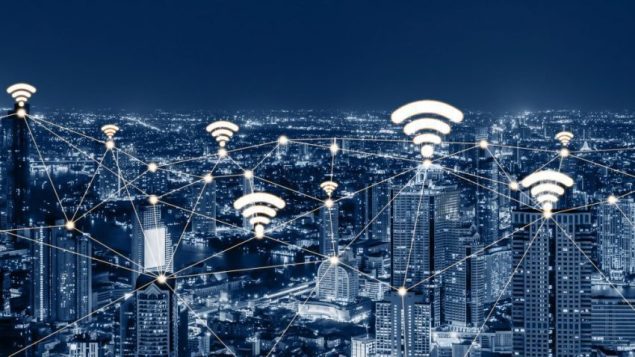According to new research, a successful national high-speed internet plan that boosts labour productivity and allows more people to work from home may enhance the US economy by $160 billion per year.
The survey-based study aims to put specific numbers on one of President Joe Biden's infrastructure plan's biggest unknowns: how much is ubiquitous internet actually worth?
"Moving to high-quality, fully reliable home internet service for all Americans would raise earnings-weighted labor productivity by an estimated 1.1% in the coming years," economists Jose Maria Barrero, Nicholas Bloom, and Steven Davis wrote in a paper released July 27. "The implied output gains are $160 billion per year," equivalent to about 0.7% of gross domestic product. The study's authors describe an "abrupt, enormous" shift to remote work due to the pandemic, which they expect to settle with about 20% of the U.S. labor force persistently working from home. The share could be higher for so-called knowledge workers whose jobs in computer networks anyway.
In recent years, slow productivity growth has been a key source of concern for the US economy. In the decade leading up to the pandemic, overall worker productivity expanded at a historically low rate of roughly 1%.
According to Davis, an economist at the University of Chicago's Booth School, middle-income workers are likely to be the main winners of the broadband proposal. Low-wage workers are frequently employed in jobs requiring on-site labour, whereas high-wage workers already have access to fast and reliable internet.














